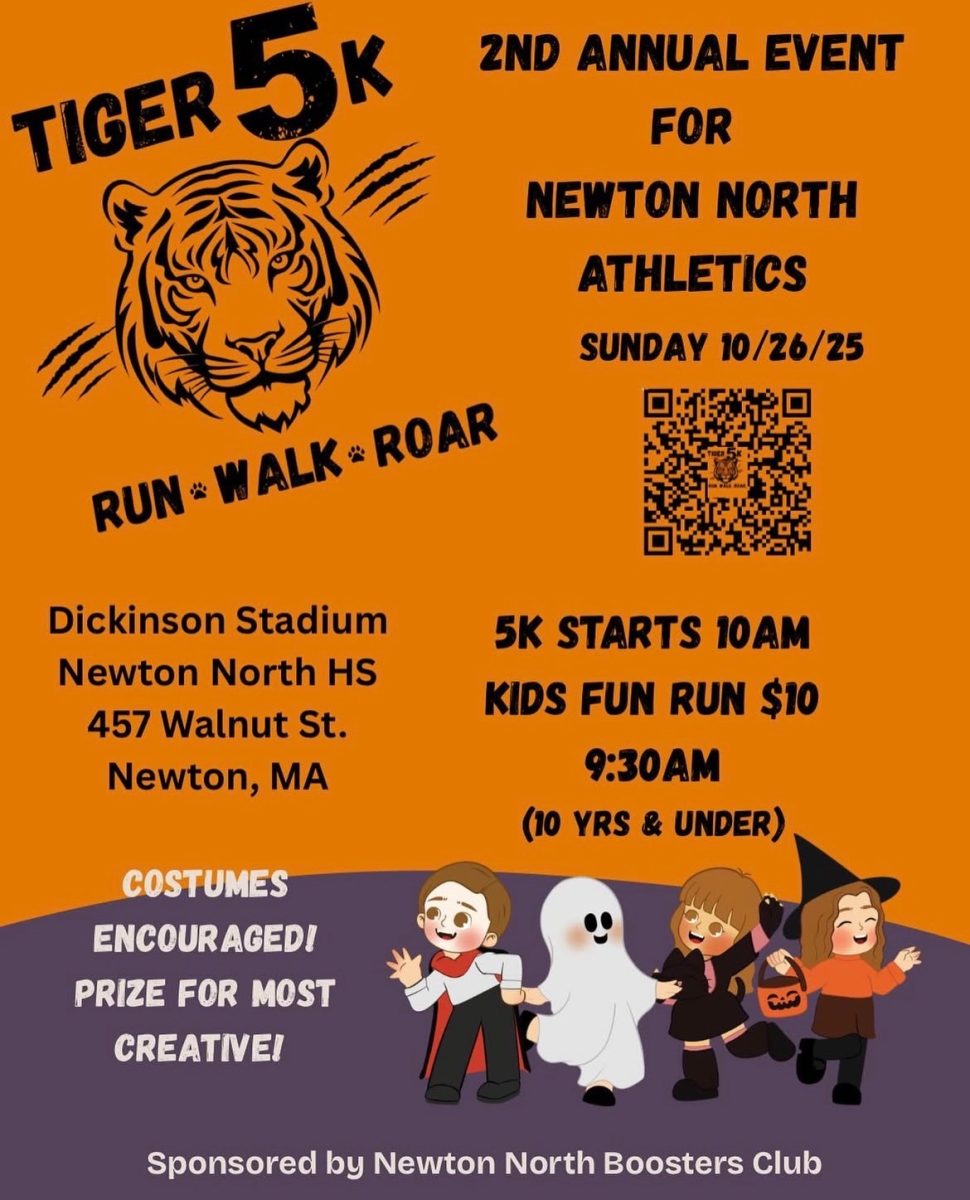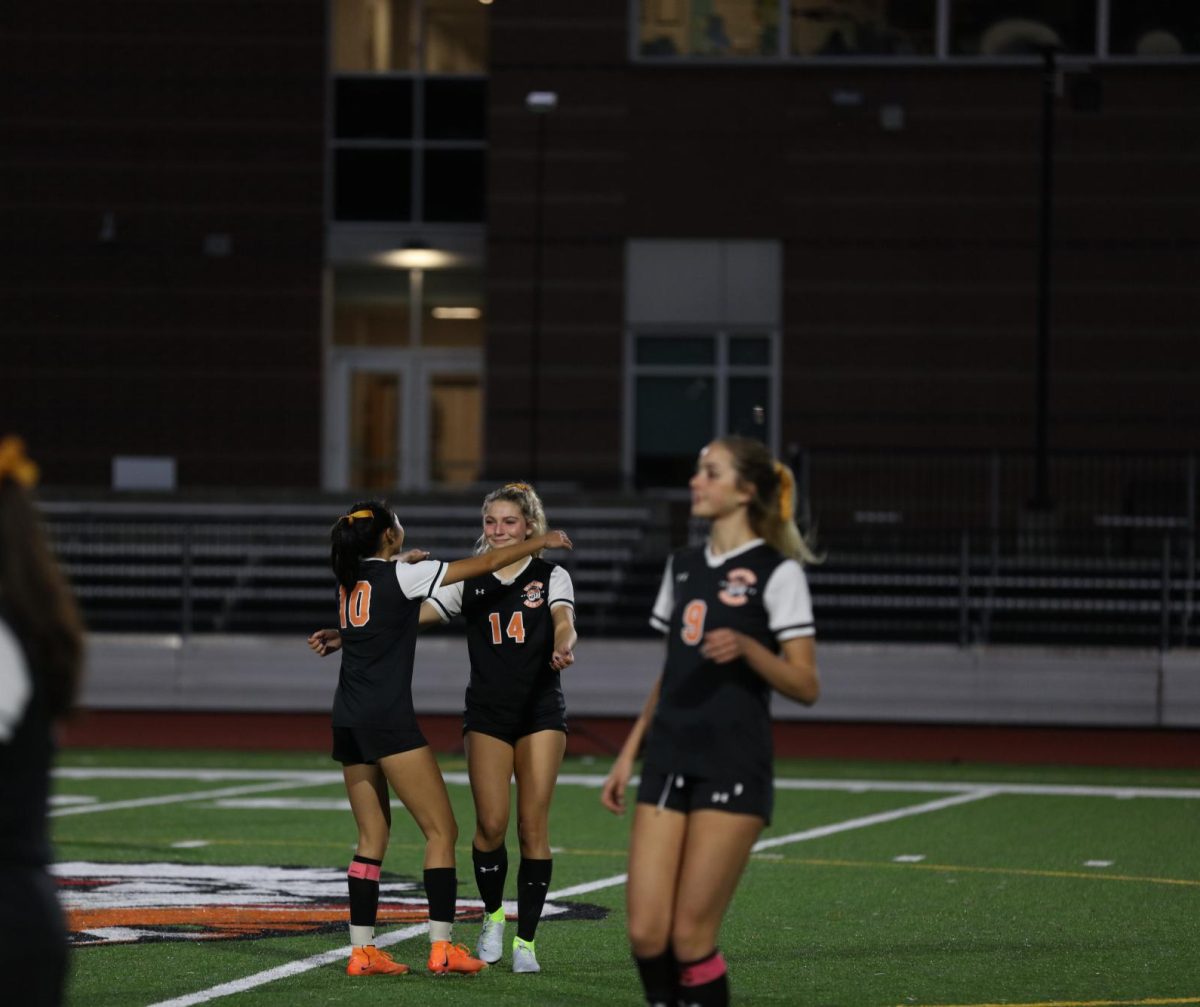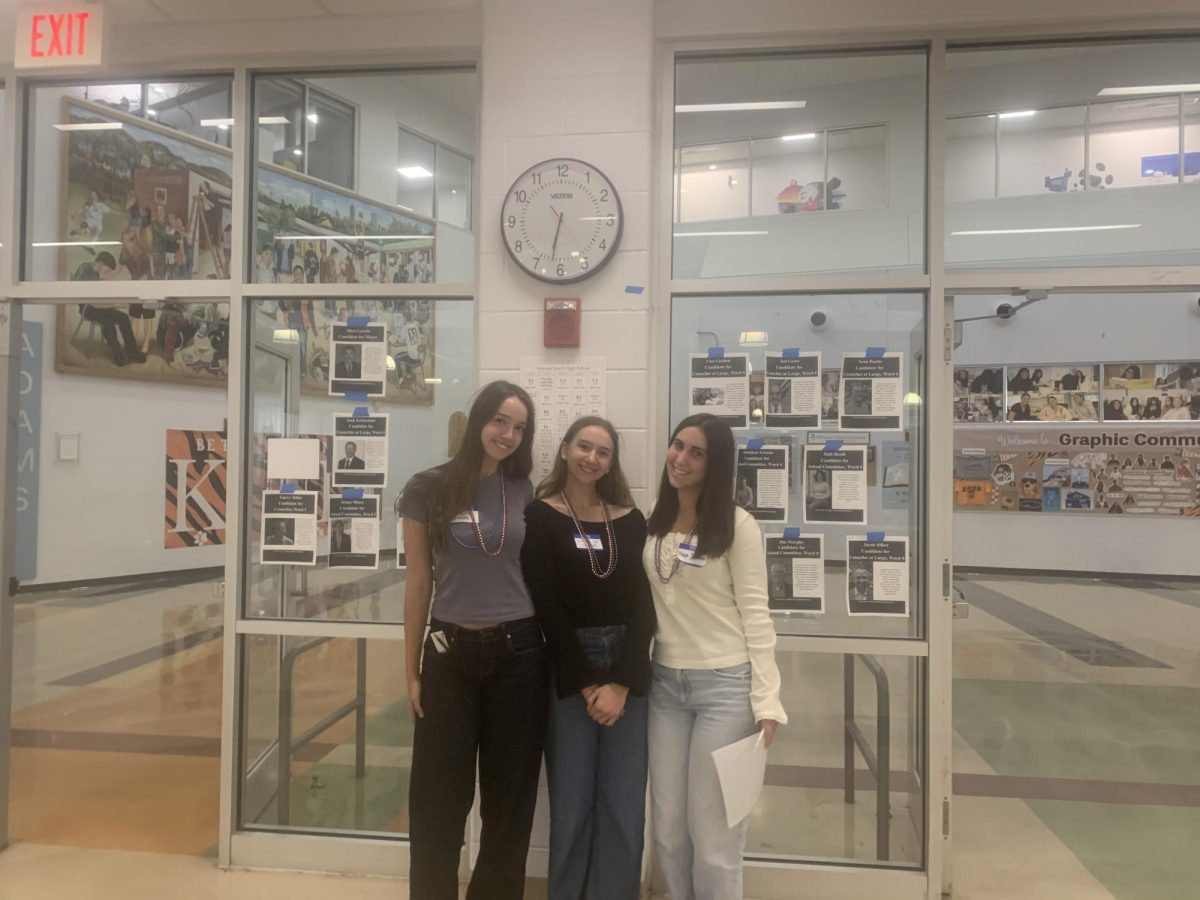by Amanda Hills
This year, the English department changed the annual Martin Luther King, Jr., sophomore essay contest into a speech contest.
The speeches should “motivate peers to effect change in their world” and “incorporate qualities conveyed in Martin Luther King, Jr.’s speeches,” according to the project assignment.
English department head Melissa Dilworth said that the department decided to change the medium of the contest to “expand our unit on Martin Luther King, Jr., and make it come to life for our students.” In addition, she said that the process of speech writing will serve as a way for students to “make their voices heard.”
After students present their three-minute speeches to their English classes, teachers will choose a winner from each class to compete in a semi-final round. A panel of judges, which will include members of this community, will select students from that round to speak at a grade-wide assembly Friday, Jan. 18.
Dilworth hopes this new assignment will enhance the assembly, she said. Students will “now speak directly to the audience and share their own beliefs and ideas.”
A school-wide winner will then be chosen. He or she will receive a letter of commendation from the English department and will be a judge in the following year’s contest.
To prepare students for this assignment, English teachers at this school have developed a unit that teaches students about Martin Luther King, Jr.’s legacy, as well as prepares them for public speaking, according to Dilworth.
English and speech teacher Tim Finnegan has been involved in planning this unit. He said that he has provided “a variety of activities to help get teachers thinking about the unit as fun and not something that should be feared.”
According to Finnegan, this new speech unit is a great opportunity to not only “continue to pay homage” to Martin Luther King, Jr., but also to “play to the strengths of each teacher in the classroom, while still creating an assignment that gives all students an equal chance to shine.” He added that the possible speech topics are “literally endless.”
English teacher Nick Grant said that the English department has hoped to bring formal speech training into the classroom for many years. “Sophomore year seemed like a good time to launch a new effort emphasizing the importance of clear, considered oral communication,” he said.
Although he said he expects to use some of “the great materials” that teachers have prepared for this unit, he said he also plans to experiment a bit with different approaches, saying that varied tactics among teachers is beneficial.
Finnegan concluded that the new speech contest is a “fantastic change, we feel, and one that we hope brings students and the community together more effectively.”
This year, the English department changed the annual Martin Luther King, Jr., sophomore essay contest into a speech contest.
The speeches should “motivate peers to effect change in their world” and “incorporate qualities conveyed in Martin Luther King, Jr.’s speeches,” according to the project assignment.
English department head Melissa Dilworth said that the department decided to change the medium of the contest to “expand our unit on Martin Luther King, Jr., and make it come to life for our students.” In addition, she said that the process of speech writing will serve as a way for students to “make their voices heard.”
After students present their three-minute speeches to their English classes, teachers will choose a winner from each class to compete in a semi-final round. A panel of judges, which will include members of this community, will select students from that round to speak at a grade-wide assembly Friday, Jan. 18.
Dilworth hopes this new assignment will enhance the assembly, she said. Students will “now speak directly to the audience and share their own beliefs and ideas.”
A school-wide winner will then be chosen. He or she will receive a letter of commendation from the English department and will be a judge in the following year’s contest.
To prepare students for this assignment, English teachers at this school have developed a unit that teaches students about Martin Luther King, Jr.’s legacy, as well as prepares them for public speaking, according to Dilworth.
English and speech teacher Tim Finnegan has been involved in planning this unit. He said that he has provided “a variety of activities to help get teachers thinking about the unit as fun and not something that should be feared.”
According to Finnegan, this new speech unit is a great opportunity to not only “continue to pay homage” to Martin Luther King, Jr., but also to “play to the strengths of each teacher in the classroom, while still creating an assignment that gives all students an equal chance to shine.” He added that the possible speech topics are “literally endless.”
English teacher Nick Grant said that the English department has hoped to bring formal speech training into the classroom for many years. “Sophomore year seemed like a good time to launch a new effort emphasizing the importance of clear, considered oral communication,” he said.
Although he said he expects to use some of “the great materials” that teachers have prepared for this unit, he said he also plans to experiment a bit with different approaches, saying that varied tactics among teachers is beneficial.
Finnegan concluded that the new speech contest is a “fantastic change, we feel, and one that we hope brings students and the community together more effectively.”










































